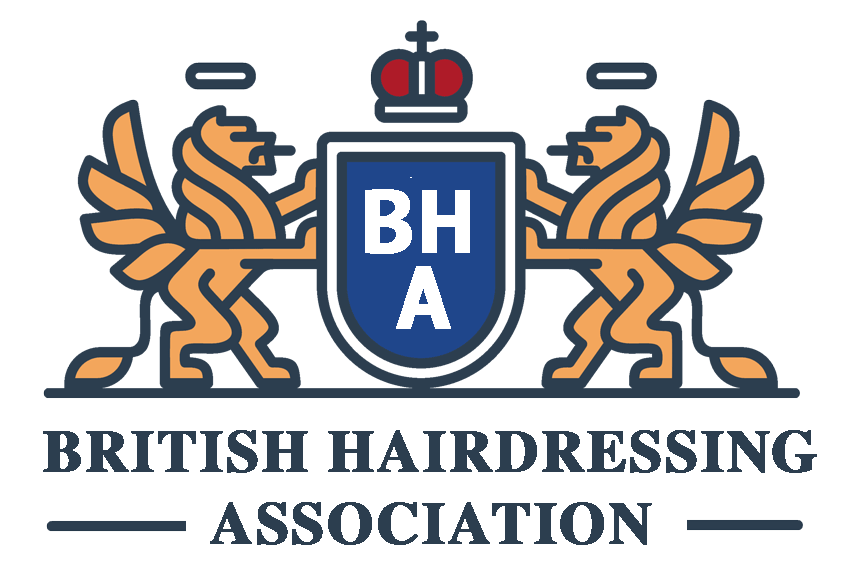Regional Rundown: How Licensing and Certification Differ for Hairdressers across the UK
The Varied Licensing and Certification Landscape for Hairdressers
When it comes to working as a hairdresser in the UK, understanding the regional differences in licensing and certification requirements is crucial. Each country within the UK has its own set of regulations, making it essential for hair professionals to stay well-informed. In this regional rundown, we explore how licensing and certification differ for hairdressers across the UK.
England
In England, there is no mandatory licensing or certification required for hairdressers. The industry is primarily self-regulated, allowing hair professionals to operate freely without formal qualifications. However, it is essential for hairdressers to be trained in a reputable institution or salon and possess relevant certification to ensure quality service provision.
Scotland
Unlike England, the hairdressing industry in Scotland is regulated. Hairdressers must obtain a relevant certification to legally practice. The Scottish Hairdressing Committee oversees the certification process, ensuring hairdressers meet specific qualifications and standards. The committee also provides ongoing support and training to licensed professionals to promote continuous professional development.
Wales
In Wales, hairdressers are required to hold a Welsh Hairdressing Council (WHC) registration. To obtain registration, hair professionals must have completed a recognized training program and possess the necessary qualifications. The WHC actively promotes high standards in the hairdressing industry and offers various benefits to its registered members, including access to networking events and industry updates.
Northern Ireland
In Northern Ireland, hairdressers must obtain a Level 2 or Level 3 NVQ Hairdressing qualification to legally practice. NVQ qualifications are recognized throughout the UK and ensure that professionals have received appropriate training. Additionally, hairdressers can choose to become members of the Hairdressing Council for industry support and recognition.
Importance of Licensing and Certification
While the specific requirements for licensing and certification differ across the UK, having proper qualifications is essential for any hairdresser. Obtaining certification ensures that professionals possess the necessary skills and knowledge to provide high-quality services to clients. It also helps establish credibility and trust with customers, setting the hairdresser apart from untrained practitioners.
Regulating the industry through licensing and certification also protects the welfare of both hairdressers and clients. By having industry standards and guidelines in place, it reduces the risk of potential harm or injury caused by unskilled individuals. Moreover, it helps maintain the professionalism and reputation of the hairdressing industry as a whole.
In Conclusion
Understanding the regional differences in licensing and certification requirements for hairdressers across the UK is crucial for professionals in the industry. While England operates on a self-regulatory system, Scotland, Wales, and Northern Ireland have specific regulations in place to ensure quality and professionalism. By obtaining the necessary qualifications and certifications, hairdressers can enhance their skills, protect both themselves and their clients, and contribute to the overall growth and reputation of the hairdressing profession.


